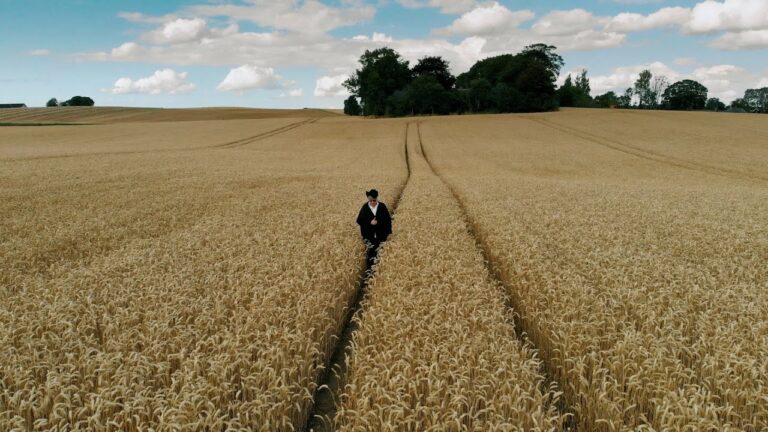
“Writing was my salvation”
We visited the Danish writer Suzanne Brøgger to hear about writing fearlessly in and out of her own life and about establishing her own reality through writing, calling it “a survival strategy.”
“When you wake up each morning, you must sharpen your knives. It’s a tough world,” says Brøgger, who became a literary sensation with her debut, ‘Deliver Us From Love,’ written in the style of Anaïs Nin and her pen-friend Henry Miller.
In her 20s, Suzanne Brøgger moved out in the countryside to the village of Løve in West Zealand, Denmark. “Where you could be free of external input forcing you to extract your writings from within yourself. All imagination and discipline had to come from within yourself.” Brøgger wanted to escape the media and the temptations you find in the big cities. It was hard for her to find out which manner she was to write in. “In a way, I invented my own genre although purportedly it’s an old Japanese genre to mix fiction, reportage, essay, poetry … To write in a Zen fashion, wherever the pen leads you without submitting to a specific genre or modus.”
She became friends with Henry Miller and talked to another hero of hers, Anaïs Nin. “They showed me that the self is valid as a literary construction.” Brøgger was also following other American writers: “I could really relate to the feminist movement in America. Germaine Greer, Kate Millett, Shulamith Firestone. All the radical thinkers who were extremely inspiring to debate with and outdo.”
Suzanne Brøgger calls her writing a “survival strategy” coming from a rather dysfunctional family that “had compelled me to seek refuge in my diary. I tried to establish my own reality,” she says. As a young girl Brøgger became part of the French libertine milieu in Bangkok, “working on becoming myself as much as possible.” “I was both present and in my writing. I may be the object of your desire but I define the reality, I decide the context. It was a power game,” taking place in Bangkok.
Suzanne Brøgger’s first book ‘Deliver Us From Love’ contained a rape account and essay from Uzbekistan. It became a scandal. The media painted that as if I’d done it on purpose to get attention.” “After the family had been replaced by the libertines the media took over. It was still the same mechanism,” Brøgger states. But she wanted to “transform this trauma into a flower of sorts.” “Instead of seeing it as a failure, it was to become my triumph.”
Brøgger compares her style with the inventors of the novel in the 18th century: “Epistolary novels prevailed in the 18th century until the French Revolution. Women writing about everyday occurrences. They made the private sphere public. That’s the tradition in which I write.” “I think death is the connecting thread. And that’s what makes it so life-affirming. It’s there right from the start what with my family background my mother and It’s there in the poem about Tone who dies. And also, in this landscape that was vanishing. A form of life that had existed since the Middle Ages and that was vanishing. And all the dead poets that have remained alive to me. I really do think my current age is the best. Because I’ve seen and done it all. I want for nothing. Being able to write and still have the urge to write and all the days I’d like to live on are sheer luxury,” she concludes.
Suzanne Brøgger was born in 1944. She is an award-winning Danish writer, novelist, poet, essayist, and journalist. Her debut “Deliver Us From Love” came in 1973 and was translated into more than 20 languages. She published more than 30 books in various genres. She received the lifelong artists’ grant from the Danish Arts Foundation in 1985.
Suzanne Brøgger was interviewed at her home in Løve, West Zealand, Denmark, by Christian Lund in August, 2020.
Camera: Klaus Elmer
Edit: Kasper Bech Dyg
Produced by Christian Lund
Copyright: Louisiana Channel, Louisiana Museum of Modern Art, 2020
Supported by C.L. Davids Fond og Samling
FOLLOW US HERE!
Website: http://channel.louisiana.dk
Facebook: https://www.facebook.com/LouisianaChannel
Instagram: http://www.instagram.com/louisianachannel
Twitter: http://www.twitter.com/LouisianaChann
source